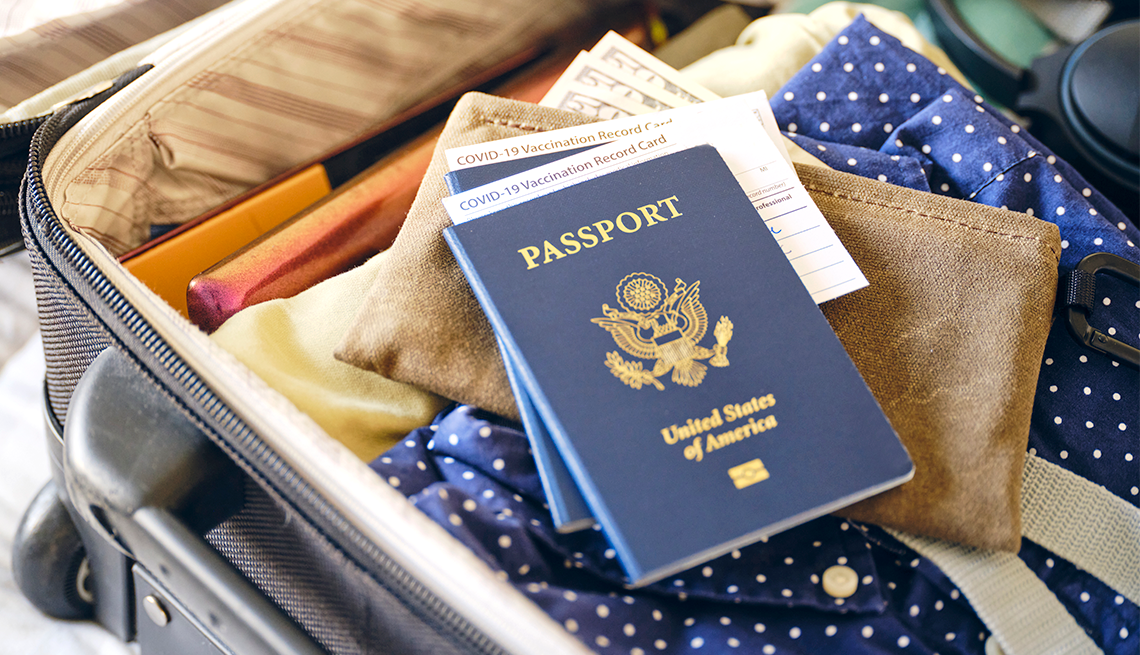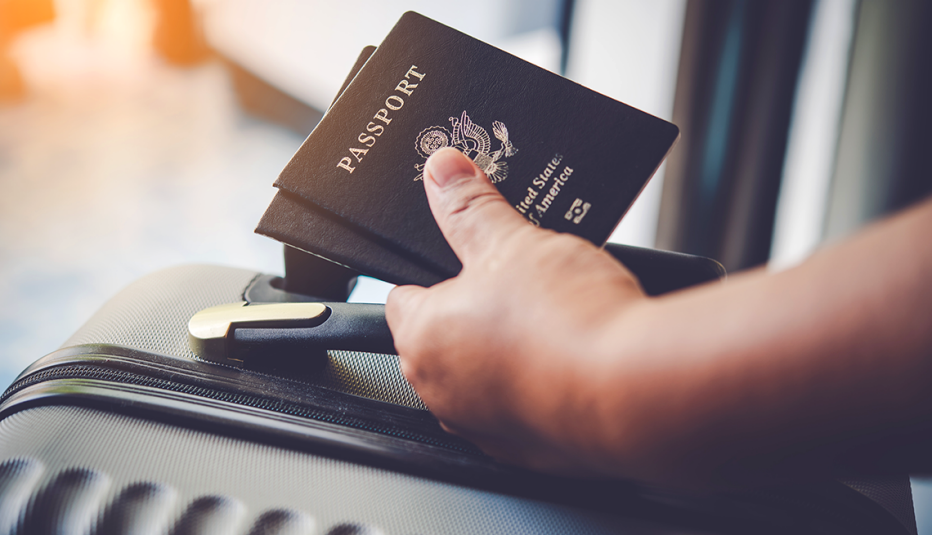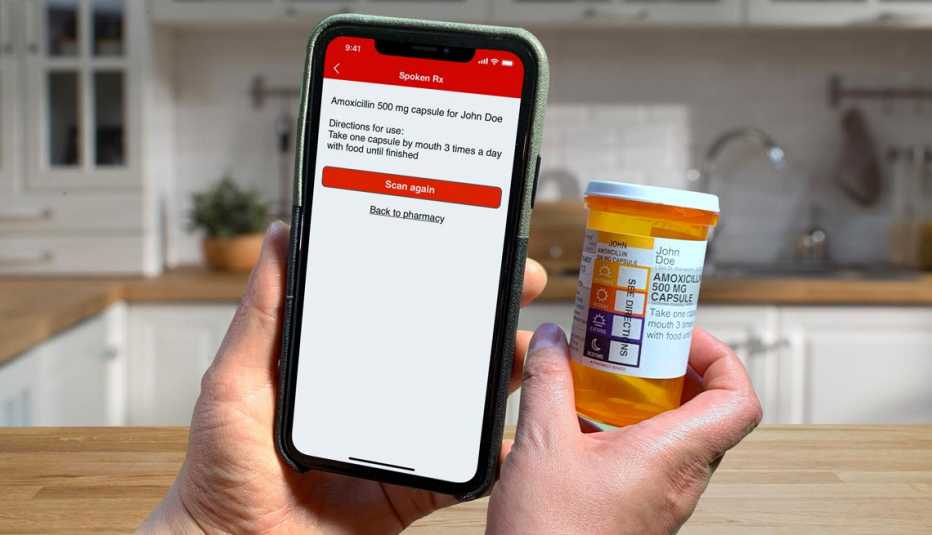Staying Fit
Although COVID-19 travel restrictions have relaxed substantially, there still are many reasons why you should carry certain health-related information when traveling.
With air travel forecast to be busy this summer, having your health documents in order and easy to access may mean the difference between breezing through checkpoints or facing delays.
“It’s always better to be prepared,” says Scott Keyes, founder of the travel website Going (formerly Scott’s Cheap Flights). “During your vacation, while you’re actually there, you want to enjoy it as much as possible.”
In addition to COVID-19 health documents travelers still may need, especially for international travel, it’s useful to have access to other health information when you’re away from home if you become ill or have a medical emergency.


AARP Membership— $12 for your first year when you sign up for Automatic Renewal
Get instant access to members-only products and hundreds of discounts, a free second membership, and a subscription to AARP the Magazine.
When Mark Harris, an author and university lecturer in Bethlehem, Pennsylvania, traveled to Poland in late 2021, he had to carry and show his vaccination card and a negative COVID-19 test in every airport. On four domestic flights since then, he didn’t have to bring any health documents.
“It was a hassle … but I didn’t mind it because you really are trying to protect everyone from major sickness,” says Harris, 63. “If COVID taught me anything, it’s how to live in a world where there are communicable diseases.”
Documentation is easier to manage in the digital age thanks to email, websites and mobile apps, notes David O. Freedman, M.D., professor emeritus of infectious diseases at the University of Alabama at Birmingham. He recommends emailing all of your health information to yourself, as well as to a relative or friend — and bringing paper copies, in case you’re in a situation where you can’t easily access the internet.


































































